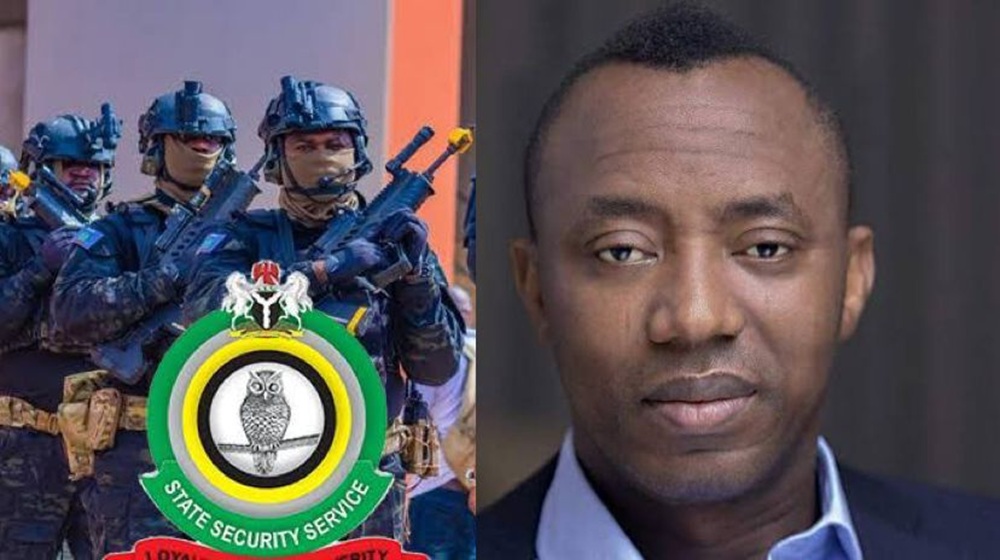Free Speech Battle: Sowore Arraigned on Cybercrime Charges for Critical Posts Against President Tinubu

Human rights activist and former presidential candidate Omoyele Sowore was formally arraigned on Tuesday before the Federal High Court in Abuja, facing a five-count charge of cyberstalking, defamation, and publishing false information against President Bola Ahmed Tinubu. The charges, filed by the Department of State Services (DSS) on behalf of the Federal Republic of Nigeria, also listed tech giants X Corp. (formerly Twitter) and Meta Platforms Inc. (parent company of Facebook) as co-defendants, highlighting the government's broad approach to alleged digital infractions.
The accusations stem from posts made by Sowore on his official X and Facebook accounts on August 25 and 26, 2025. In these posts, Sowore allegedly described President Tinubu as “a criminal” and accused him of dishonesty during an official trip to Brazil, specifically stating: “This criminal @officialPBAT actually went to Brazil to state that there is no more corruption under his regime in Nigeria. What audacity to lie shamelessly!” The prosecution, led by M.B. Abubakar, Director of Public Prosecutions at the Federal Ministry of Justice, argues that these messages were false, malicious, and intended to incite public disorder. Sowore is accused of contravening Section 24 (1)(b) and Section 24(2)(b) of the Cybercrimes (Prohibition, Prevention, etc.) Amendment Act, 2024, as well as Sections 375 and 59 of the Criminal Code Act. Conviction under these laws could lead to penalties for publishing false information, defamation, and acts capable of causing public disturbance.
Tuesday’s proceedings, however, were fraught with procedural disputes. Sowore, a candidate for the African Action Congress (AAC) in the 2019 and 2023 presidential elections and publisher of Sahara Reporters, appeared in court but protested that he had not been properly served with the charge sheet. His lead counsel, Marshal Abubakar, objected to the reading of the charges, asserting that his client needed proper personal service as required by law. Abubakar also noted the absence of legal representation for X Inc., emphasizing that all defendants must be present or represented for a joint charge to proceed.
Mohammed Babadoko Abubakar, representing the Federal Government, initially insisted that Sowore had been served. However, upon consulting the case file, Justice Mohammed Garba Umar, presiding over the matter, confirmed that there was no evidence of personal service on Sowore, though the second and third defendants (Meta and X) had been served electronically. The prosecution then sought and was granted leave by the court to serve Sowore with the charge sheet in open court. A further request by the prosecution to have Sowore immediately take his plea was opposed by Abubakar, who cited Section 386(2) of the Administration of Criminal Justice Act (ACJA). This section grants a defendant three days to study the charges and prepare for their defense. After considering both arguments, Justice Umar granted Sowore's request and adjourned the matter to October 27, 2025, for the commencement of the trial. Tayo Oyetibo (SAN) appeared for Meta Platforms Inc., while X Corp. remained unrepresented.
Outside the courtroom, Sowore launched a scathing attack on the DSS, dismissing the case as a “waste of state resources” and a desperate attempt to silence dissent. He argued that the DSS deliberately avoided proper service because they feared he would prepare a watertight defense, aiming instead for an “ambush.” Sowore mocked the DSS’s claim of modeling itself after the U.S. Secret Service, highlighting that America's presidential protection service does not police free speech or file lawsuits against citizens for insulting presidents, citing former President Trump as an example. “The Secret Service in America protects the president. It does not police free speech,” Sowore declared, labeling the DSS's actions as an attempt to criminalize criticism of the government and a sign of “madness.” He described the DSS's evidence—reportedly just a screenshot—as mere “desperation.” Sowore vowed to resist what he termed a “creeping dictatorship” and underscored the non-negotiable importance of freedom of speech for 200 million Nigerians, stating, “This is not about me. It is about 200 million Nigerians who deserve good governance, transparency, accountability, and the basic standards of democracy.”
You may also like...
Sports Betting in Africa: Quick Money or Long-Term Addiction?

"Is sports betting in Africa an opportunity for wealth or a trap for addiction? Explore its impact on youth, the role of...
October 2nd: Guinea’s Independence—A Nation With Defiant Beginning and Enduring Story
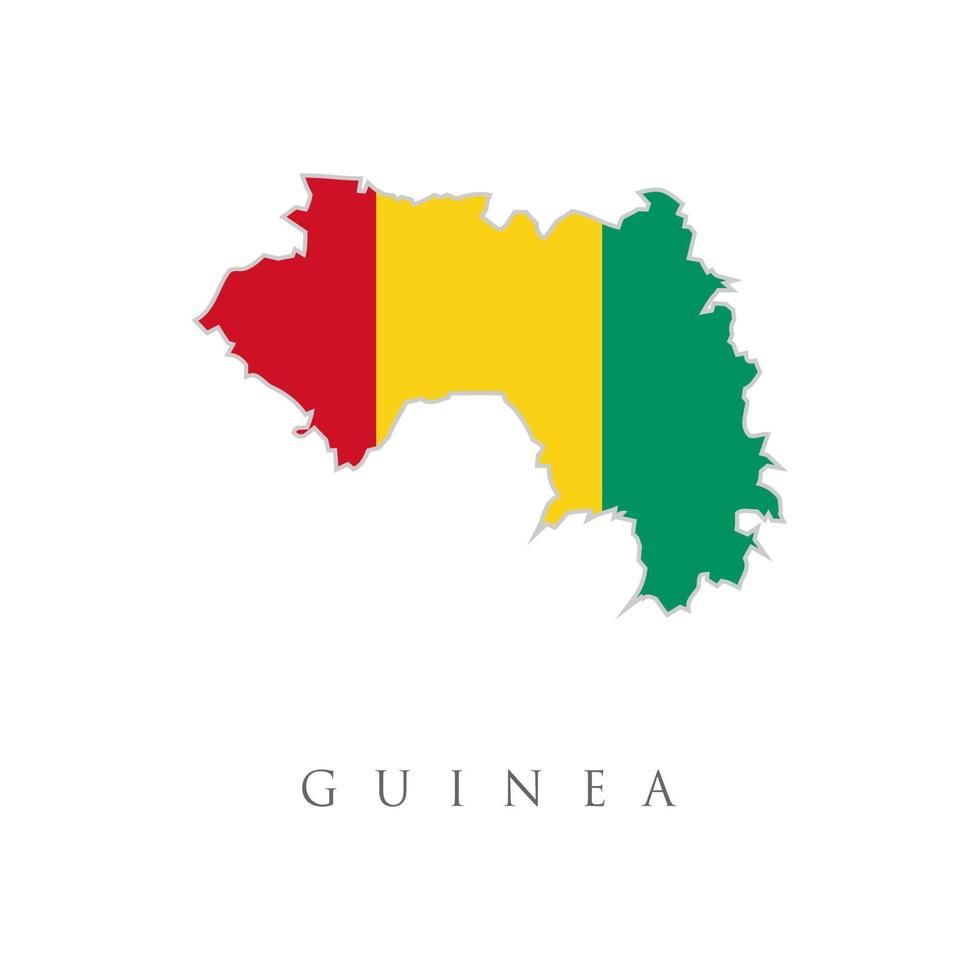
On October 2, 1958, Guinea made history as the first French colony in Sub-Saharan Africa to boldly declare independence....
The Jumia Story: Lessons From Africa’s First Tech Unicorn
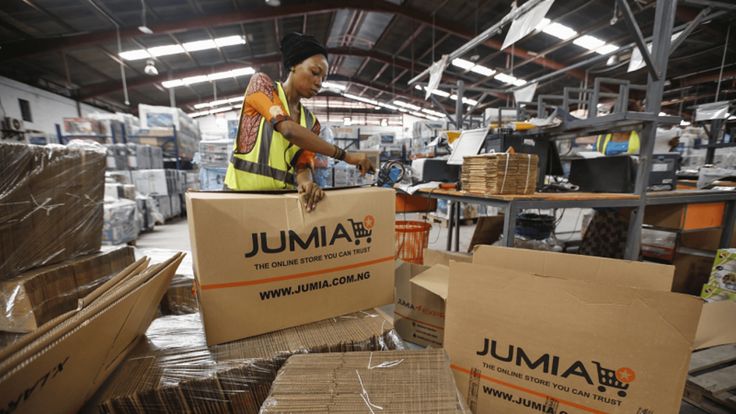
Discover the story of Jumia, Africa’s first tech unicorn, and how platforms like Glovo and Bokku are reshaping e-commerc...
The Silent Cognitive Crisis: Brain Complacency in the Age of AI
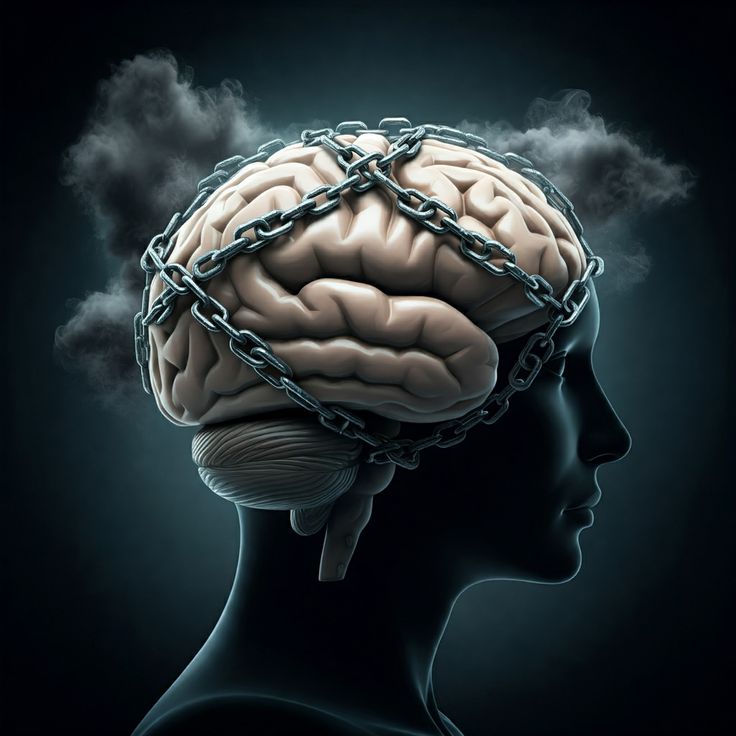
“AI offers convenience, but at what cost? Explore how over-reliance on artificial intelligence fuels brain complacency, ...
Legacy Continues: Football Royalty's Son Nets Stunning Screamer for Barcelona Youth

Shane Kluivert, son of Dutch football legend Patrick Kluivert, scored a spectacular 'screamer' for Barcelona's Under-19s...
WNBA Star's Terrifying Health Ordeal: Mitchell Reveals Rhabdomyolysis Left Her Paralyzed

Indiana Fever All-Star guard Kelsey Mitchell revealed she suffered from Rhabdomyolysis during a WNBA semifinal game, cau...
Warner Bros' Box Office Bubble Bursts, But Industry Shrugs: What Does It Mean?
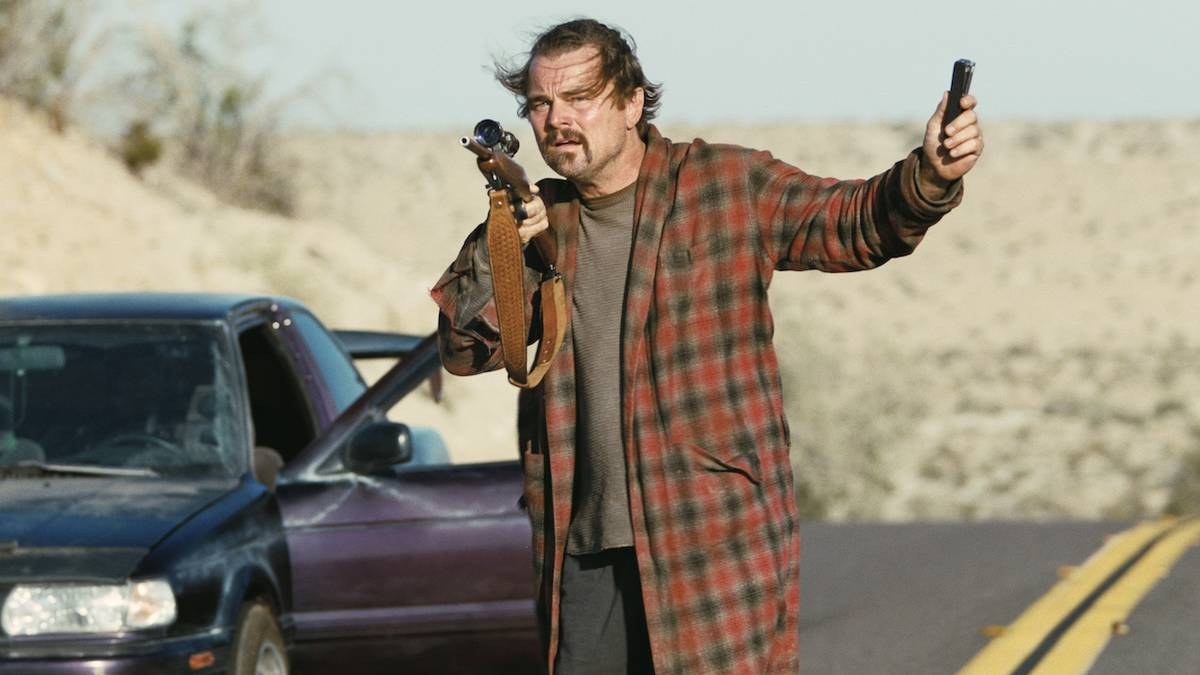
Paul Thomas Anderson's "One Battle After Another" marks a different kind of success for Warner Bros., earning critical a...
DCU's Nightmare: Are Film Franchises Repeating MCU's Fatal Flaws?
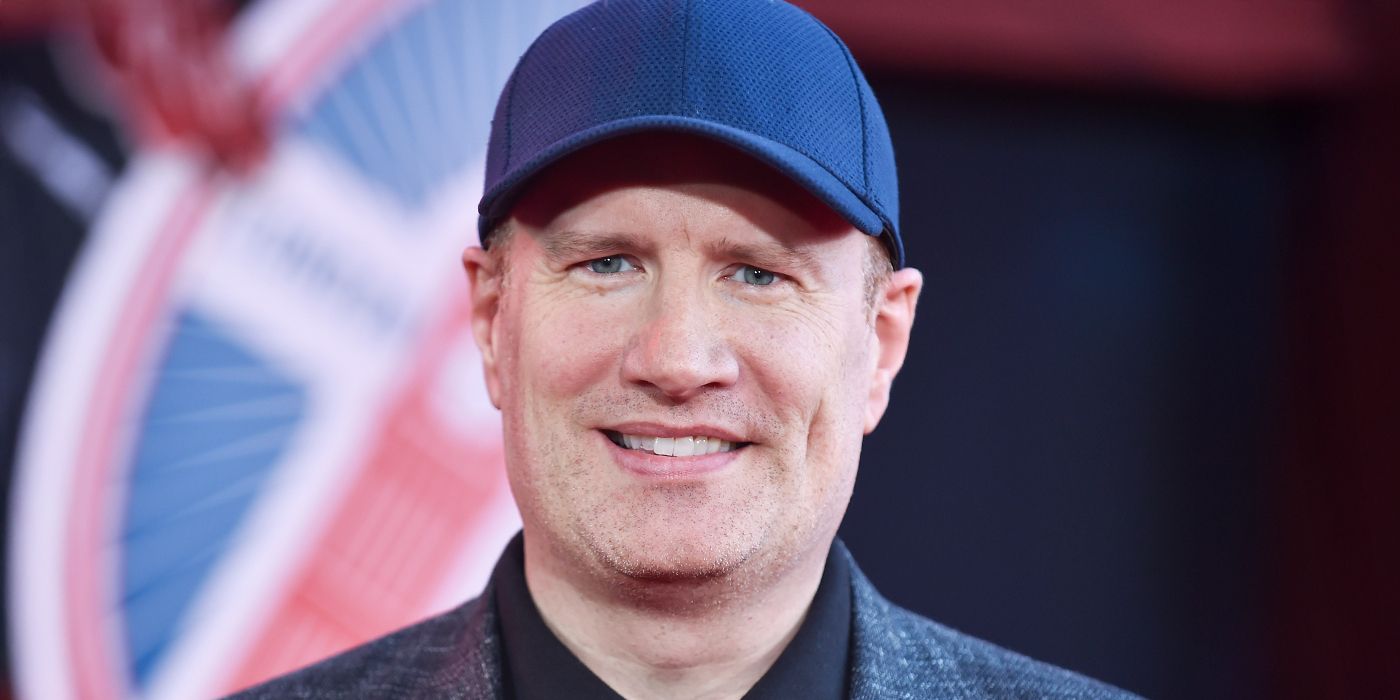
The DCU's increasing interconnectivity, particularly in <i>Peacemaker</i> Season 2, is raising concerns about potential ...



